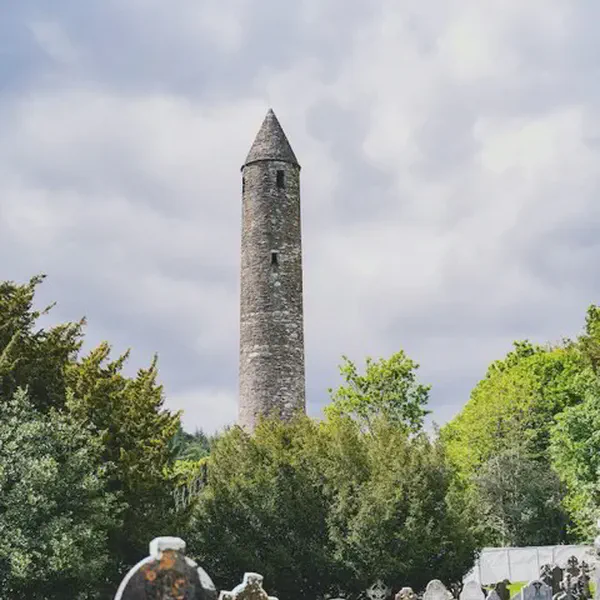On January 08, 1820 in Celtic History
Andrew hardie, executed.

Andrew Hardie was a Scottish weaver and one of the leaders of the Radical War, a political protest and uprising that took place in Scotland in 1820. The Radical War was part of a broader movement for political and social reform. Andrew Hardie, along with John Baird, played a prominent role in the events of that year.
Key points about Andrew Hardie and his execution:
Background: Andrew Hardie was a weaver from Strathaven, Lanarkshire, Scotland. He became involved in the radical political movements of the time, which were driven by concerns about social inequality, political representation, and workers’ rights.
Radical War: In April 1820, the Radical War erupted, with weavers, laborers, and others taking part in protests and demonstrations in support of political reform, universal suffrage, and other grievances. Hardie and John Baird were among the leaders of the movement.
Arrest and Trial: Andrew Hardie and John Baird were arrested for their involvement in the Radical War. They were tried for their roles in the uprising and sentenced to death.
Execution: On September 08, 1820, both Andrew Hardie and John Baird were executed in Stirling. They were hanged and then beheaded, and their heads were placed on public display as a warning to others.
The Radical War of 1820 was part of a broader period of political unrest and social discontent in Scotland and the United Kingdom. Andrew Hardie and John Baird became symbols of the struggle for political reform and workers’ rights in a time of significant economic and social change. Their executions were seen as harsh measures taken by the authorities to suppress the radical movements of the era.
More From This Day






The Church of St Andrew in Suffolk Street, Dublin, is destroyed by fire
January 08, 1860



